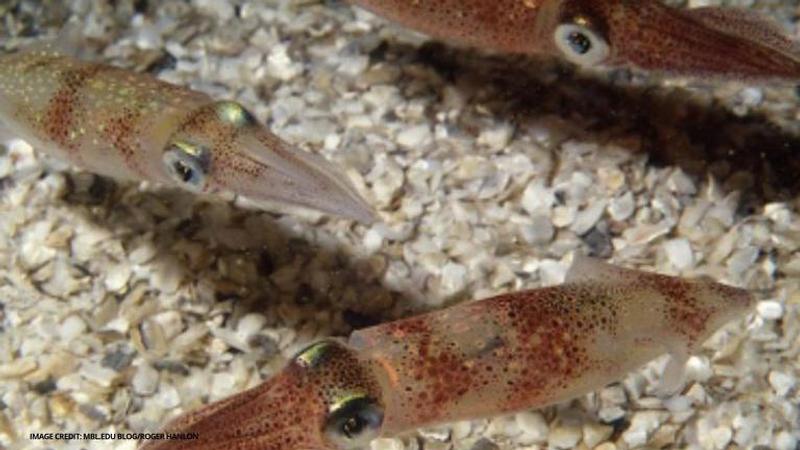Published 18:19 IST, April 4th 2020
Scientists discover first ever species to alter genetic component outside nucleus
Scientists Isabel Vallecillo-Viejo and Joshua Rosenthal published in the Nucleic Acids Research, the research is key to defying the "central dogma" of biology.

Scientists have reportedly discovered that squid can edit their own genetic composition not only within the nucleus of their neurons but also within the axon, the long, slender neural projections that transmit the electrical impulses in its body, according to research. This is the first-ever discovery of a species capable of editing its genetic information outside of the nucleus of the cell.
According to the study, led by Isabel C. Vallecillo-Viejo and Joshua Rosenthal at the Marine Biological Laboratory (MBL), Woods Hole, published in the Nucleic Acids Research, the research is key to defying the "central dogma" of molecular biology, which states that the genetic composition of the species is derived from the DNA. However, Rosenthal and the co-research scientists discovered that the squid could transform the genetic information, altering the messenger RNA instructions to an extraordinary degree. The study indicates that they could also edit the type of protein which has to be produced in the nervous system. This is why, the squid can alter the colour, and squirt ink, because they can tweak their RNA component.
Octopus relied on RNA editing
“But we thought all the RNA editing happened in the nucleus, and then the modified messenger RNAs are exported out to the cell,” Rosenthal, senior author on the present study, wrote in the research blog. “Now we are showing that squid can modify the RNAs out in the periphery of the cell. That means, theoretically, they can modify protein function to meet the localized demands of the cell. That gives them a lot of latitudes to tailor the genetic information, as needed,” she added. The team also showed that messenger RNAs are edited in the nerve cell’s axon at much higher rates than in the nucleus, the study revealed.
According to the research document, the scientists from Tel Aviv University and The University of Colorado at Denver collaborated with MBL scientists to conduct the findings. “Previously, Rosenthal and colleagues showed that octopus and cuttlefish also rely heavily on mRNA editing to diversify the proteins they can produce in the nervous system. Together with squid, these animals are known for strikingly sophisticated behaviors, relative to other invertebrates”, the research study further revealed.
Updated 18:10 IST, April 4th 2020



